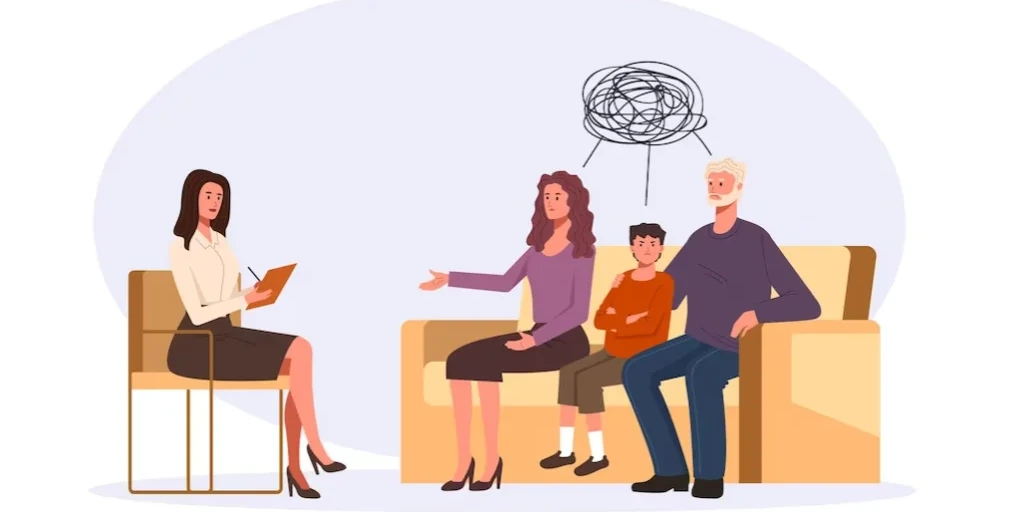24/7 Helpline:
(866) 899-221924/7 Helpline:
(866) 899-2219
Learn more about Anxiety Treatment centers in Star

Other Insurance Options

Excellus

Regence

Anthem

Access to Recovery (ATR) Voucher

State Farm

GEHA

CareFirst

Aetna

EmblemHealth

MVP Healthcare

UMR

Humana

Private insurance

Absolute Total Care

Optima

Providence

United Health Care

WellPoint

BlueShield

Health Net























